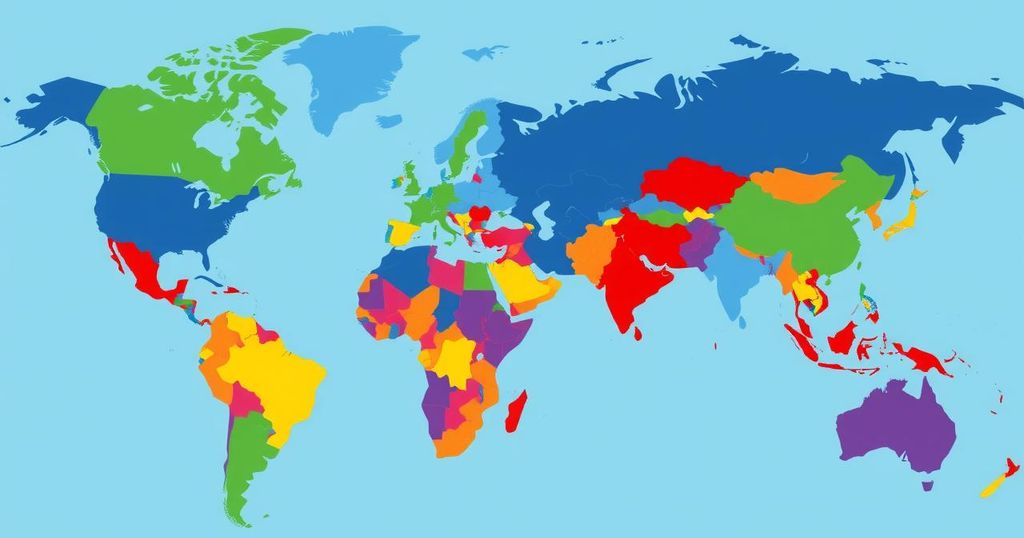Donald Trump is reportedly set to revive a travel ban that could affect countries including Afghanistan and Pakistan, following an executive order to draft restrictive travel lists. Previous bans during his presidency faced legal challenges, but the Supreme Court later upheld a version impacting numerous Muslim-majority countries. The proposed ban has potential implications for Afghans who assisted U.S. forces, as many face threats from the Taliban.
Former President Donald Trump is reportedly considering the revival of a travel ban focusing on countries such as Afghanistan and Pakistan. This potential ban may be implemented as early as next week, following an executive order he issued on January 20. In his order, Trump instructed cabinet members to compile a list of nations facing full or partial travel restrictions due to inadequate vetting and screening processes.
Trump’s previous travel ban, which affected several majority-Muslim countries, was upheld by the Supreme Court in 2018. It impacted around seven percent of the global population. The new list may mirror those targeted during Trump’s first term, which included Cuba, Iran, Libya, North Korea, Somalia, Sudan, Syria, Venezuela, and Yemen, according to various reports.
If a ban is enacted on Afghanistan, it could severely affect the lives of thousands of Afghans who have applied or been approved for Special Immigrant Visas. Approximately 200,000 Afghans are currently awaiting either resettlement or approval of their visa applications, as many face potential retaliation from the Taliban for their assistance to U.S. military operations during the last two decades.
The State Department may request exemptions for the Afghans seeking resettlement, but sources suggest that such requests are unlikely to be accepted. The coalition AfghanEvac, dedicated to assisting Afghan resettlement, has advised that individuals with valid U.S. visas should start making travel arrangements immediately due to the looming travel ban announcement.
Trump’s original travel ban, enacted in January 2017, faced immediate legal challenges, with courts ruling against it initially. Subsequent iterations sought to address these legal concerns, with a final version being upheld by the Supreme Court; this ban remained active until President Joe Biden repealed it in 2021.
In summary, former President Trump’s potential revival of a travel ban may include countries such as Afghanistan and Pakistan, alongside others previously targeted. This could have dire implications for Afghans seeking resettlement after their service to U.S. forces. The legal history of Trump’s travel bans illustrates the complexities around immigration policy and its impact on vulnerable populations. With impending announcements, affected individuals are urged to act swiftly.
Original Source: www.independent.co.uk




